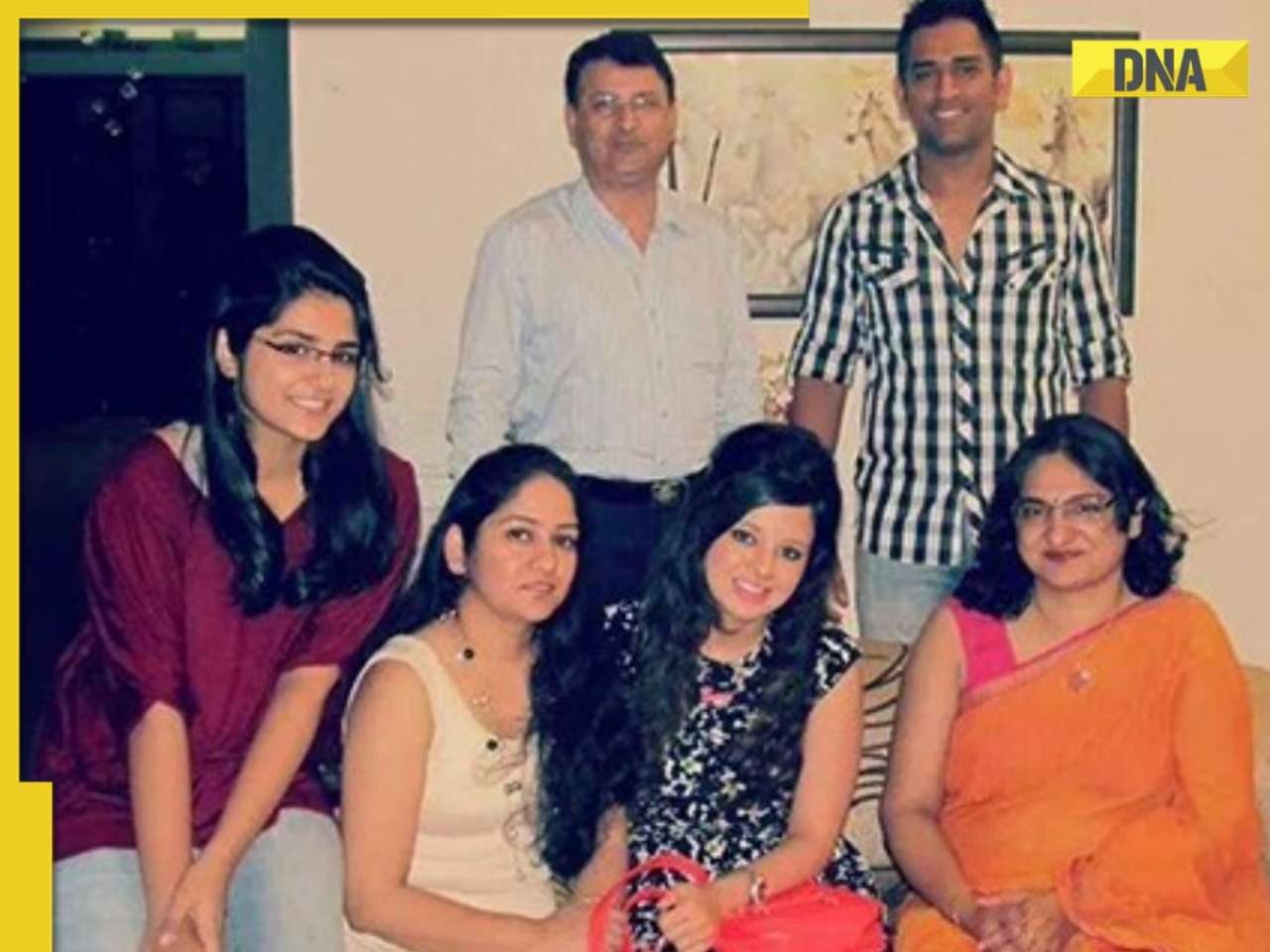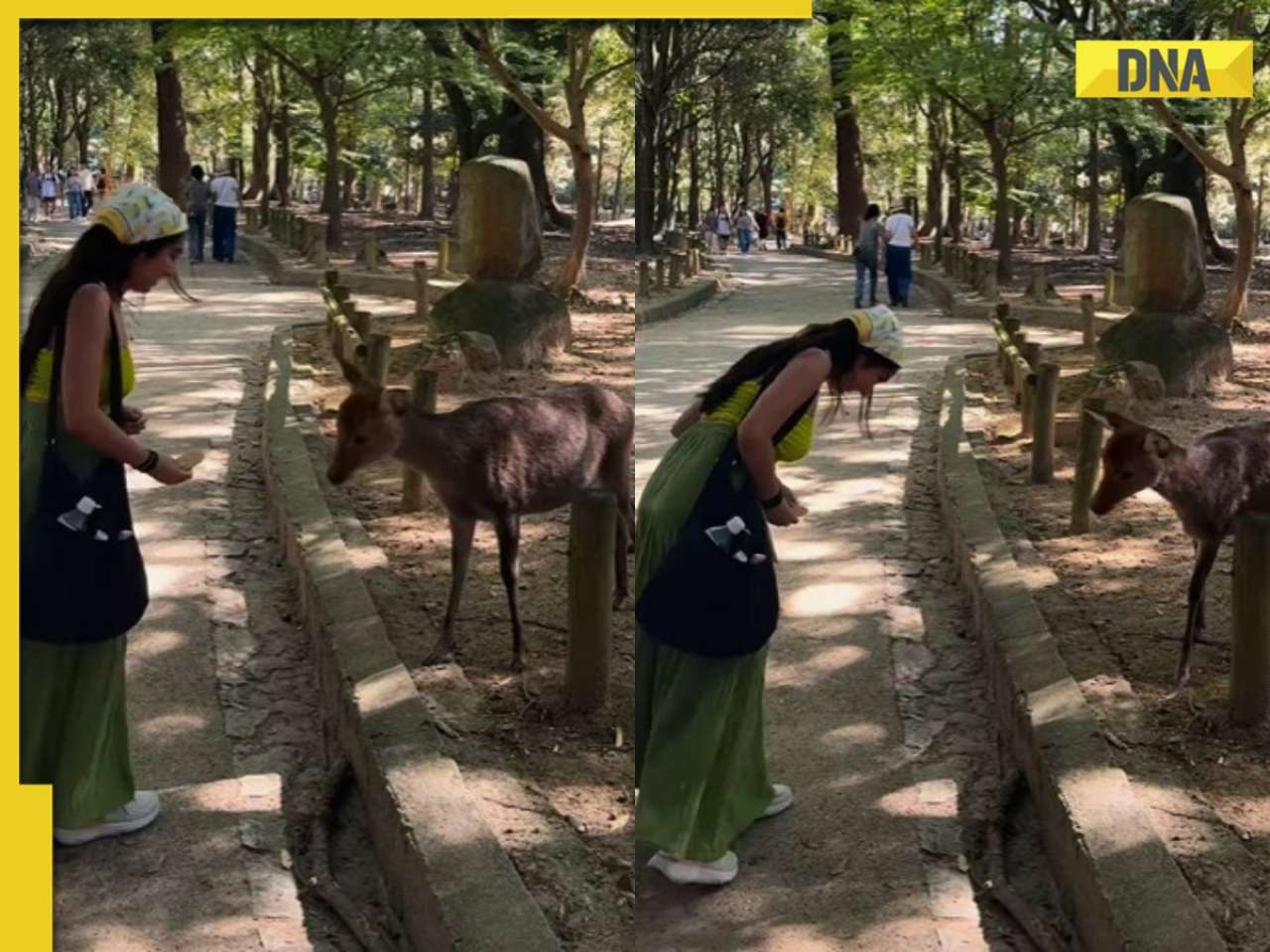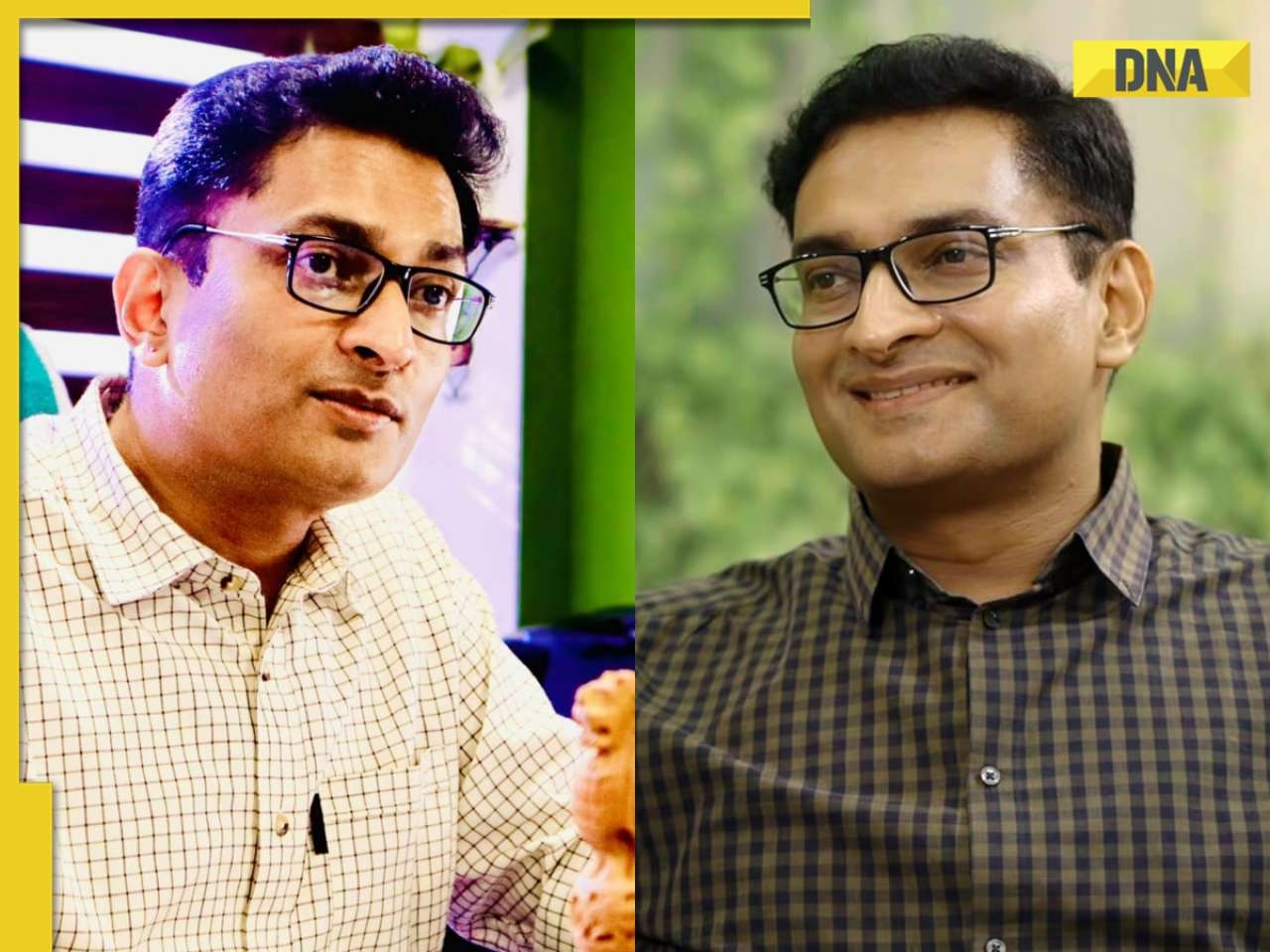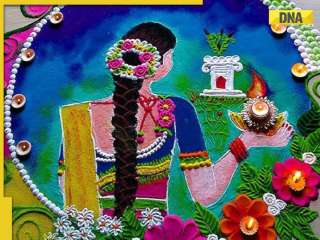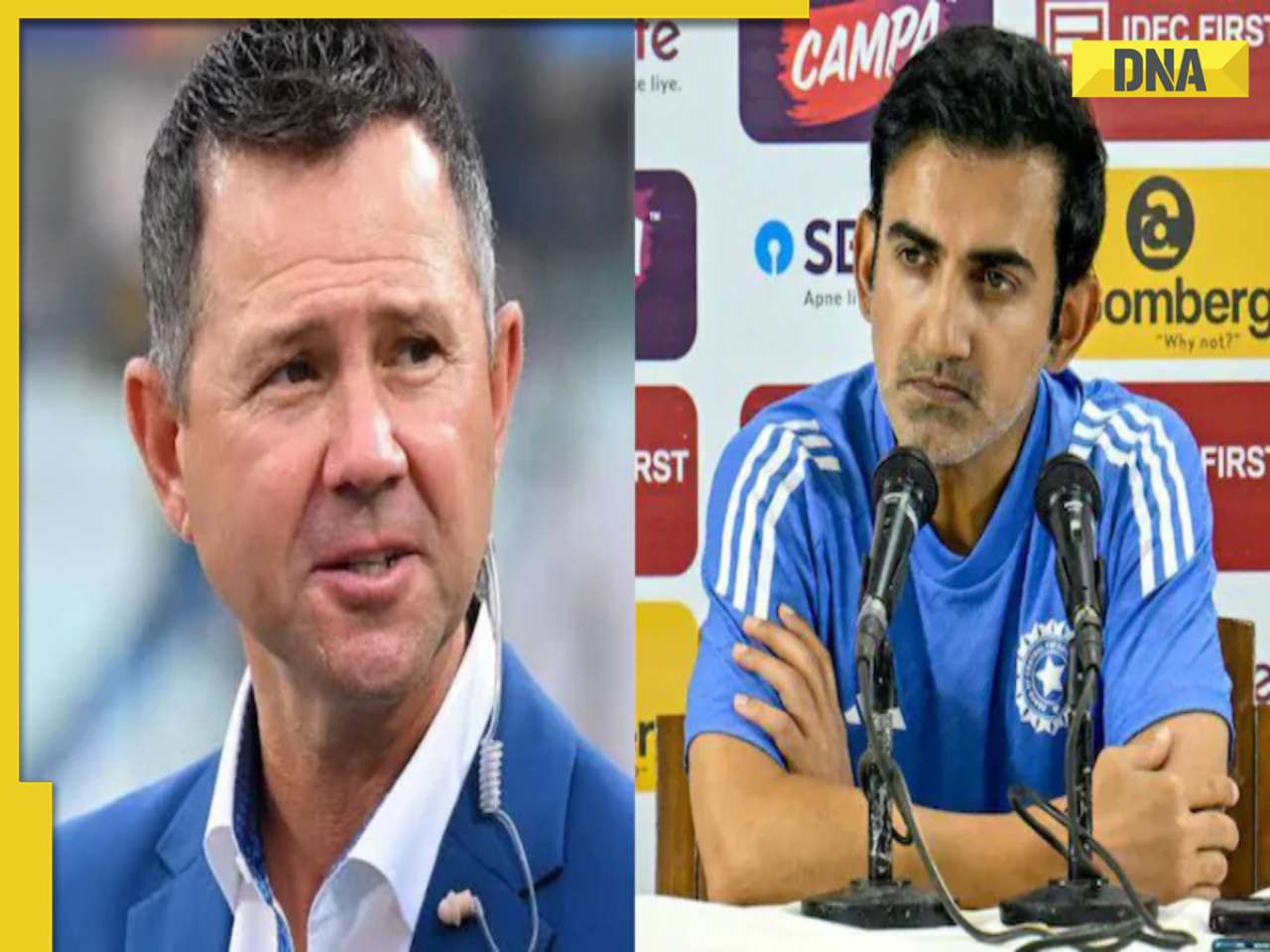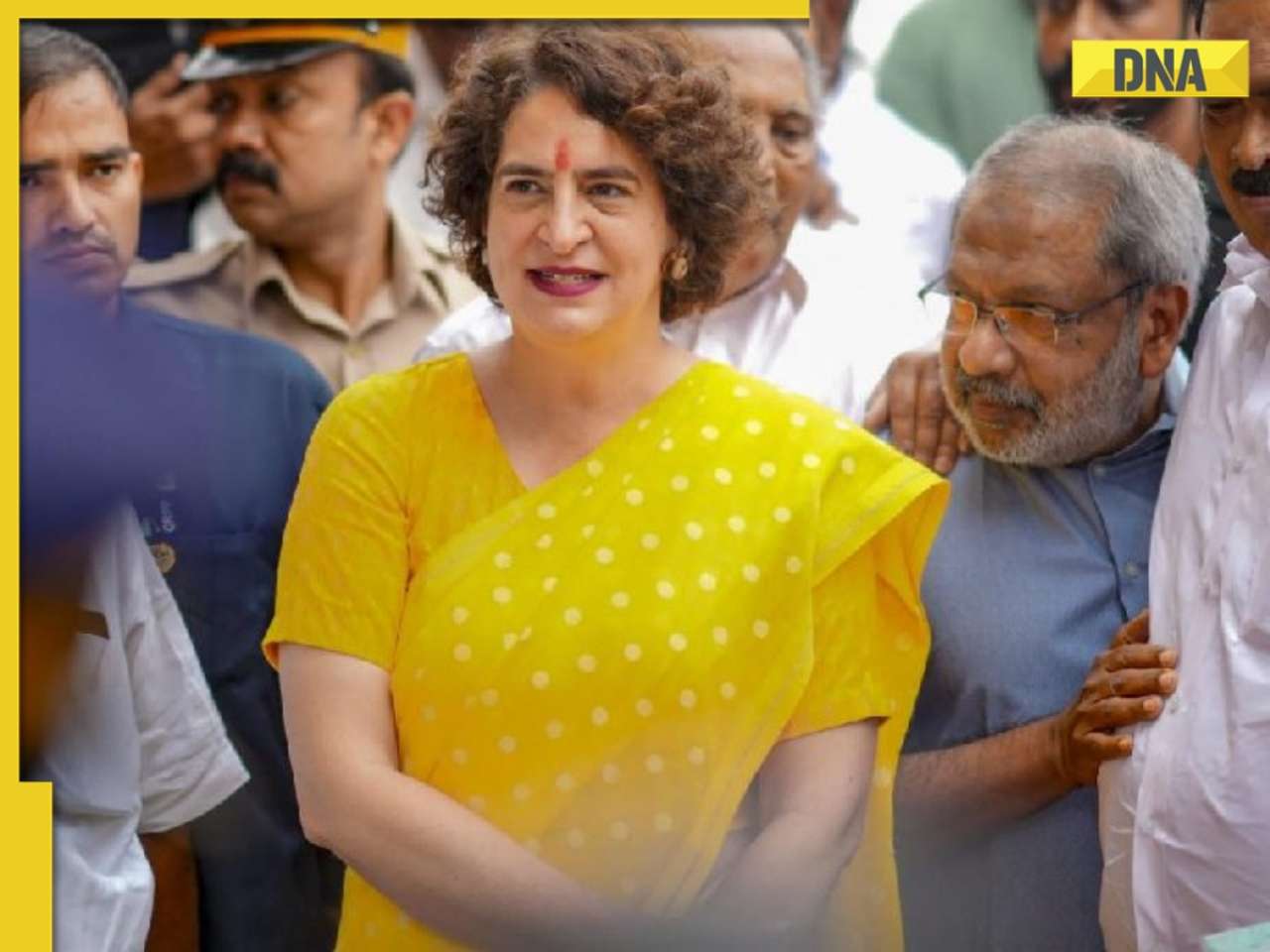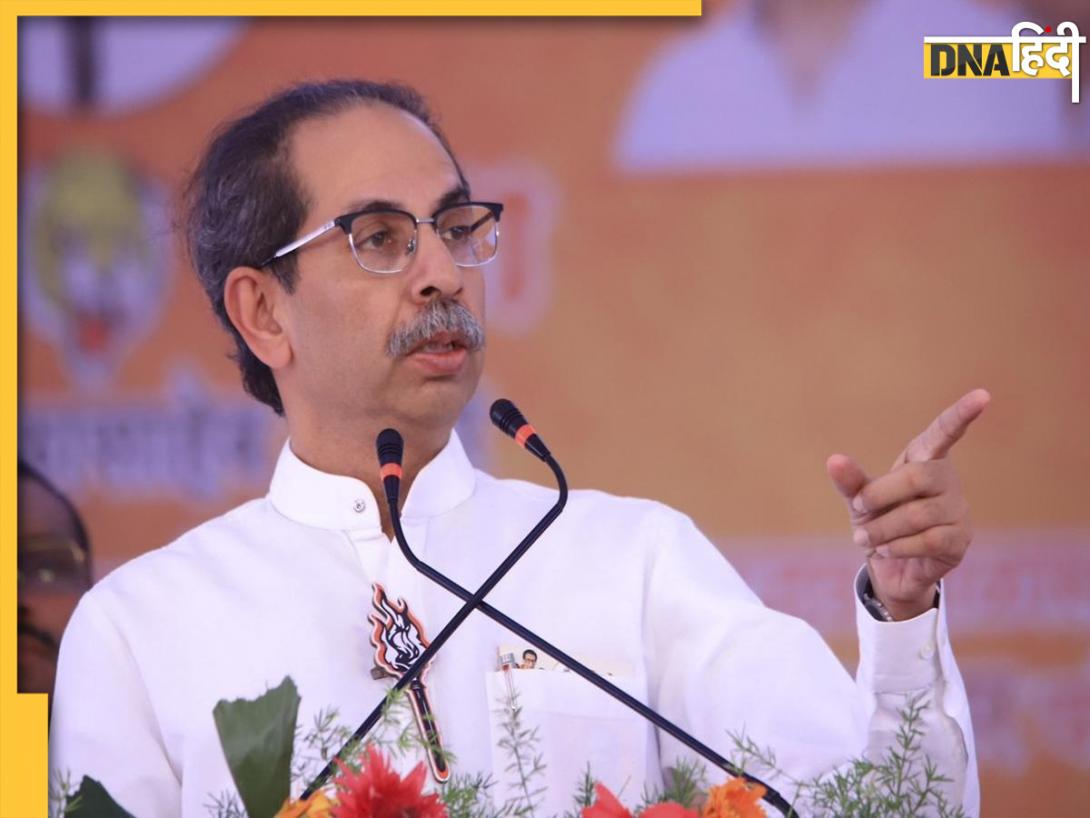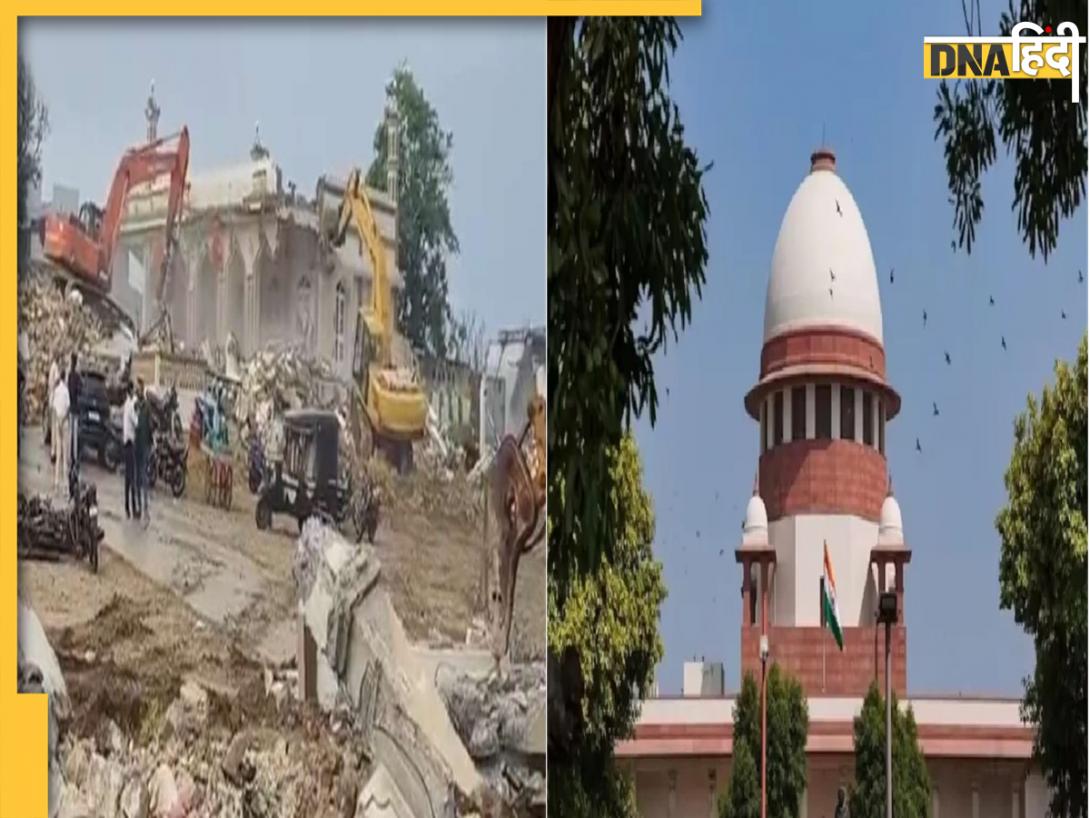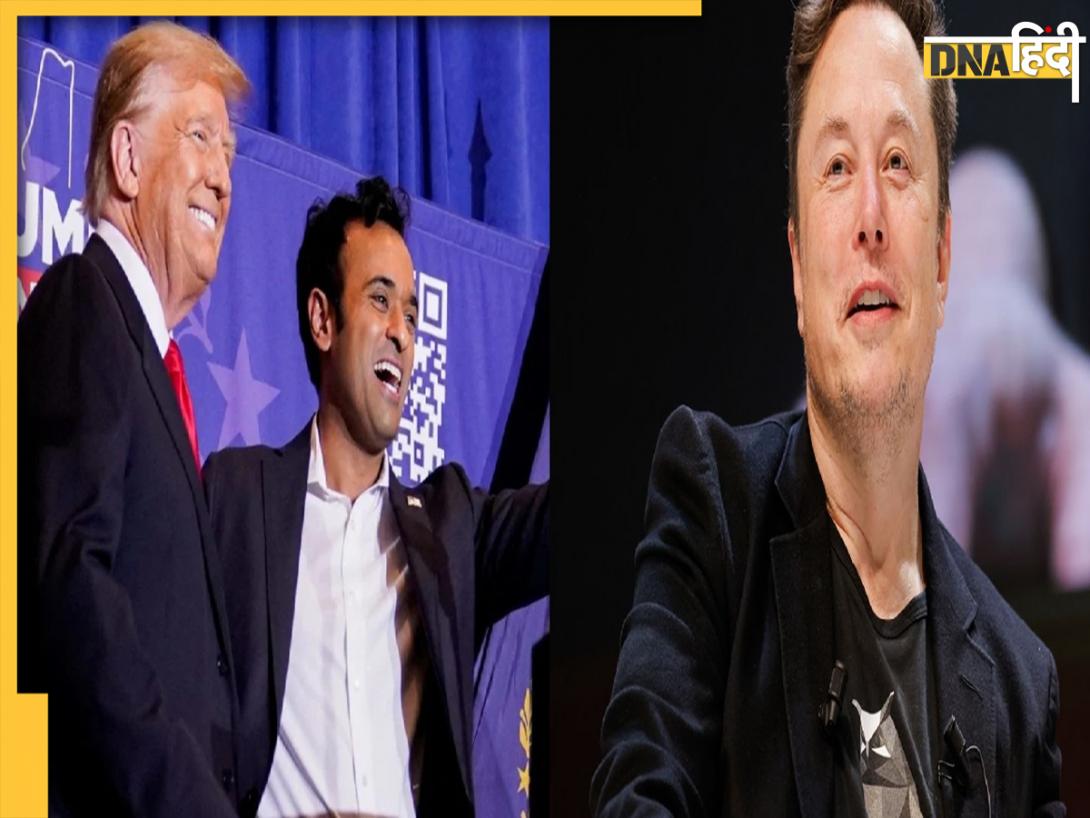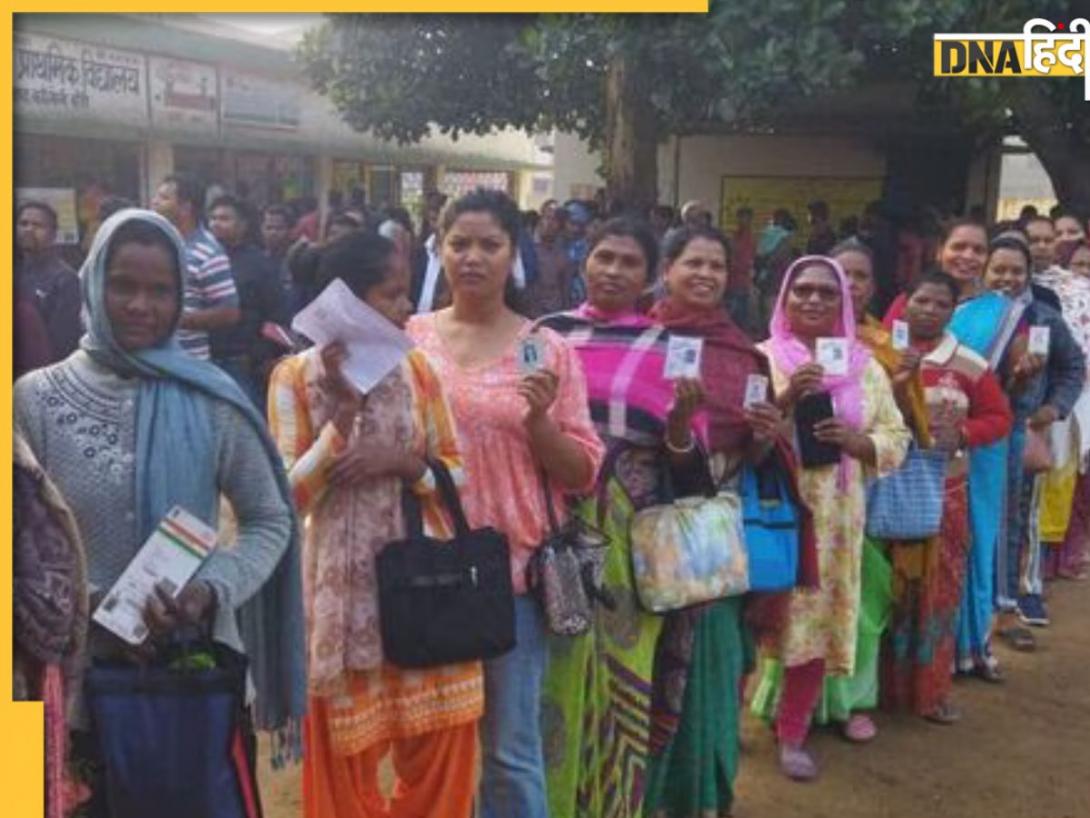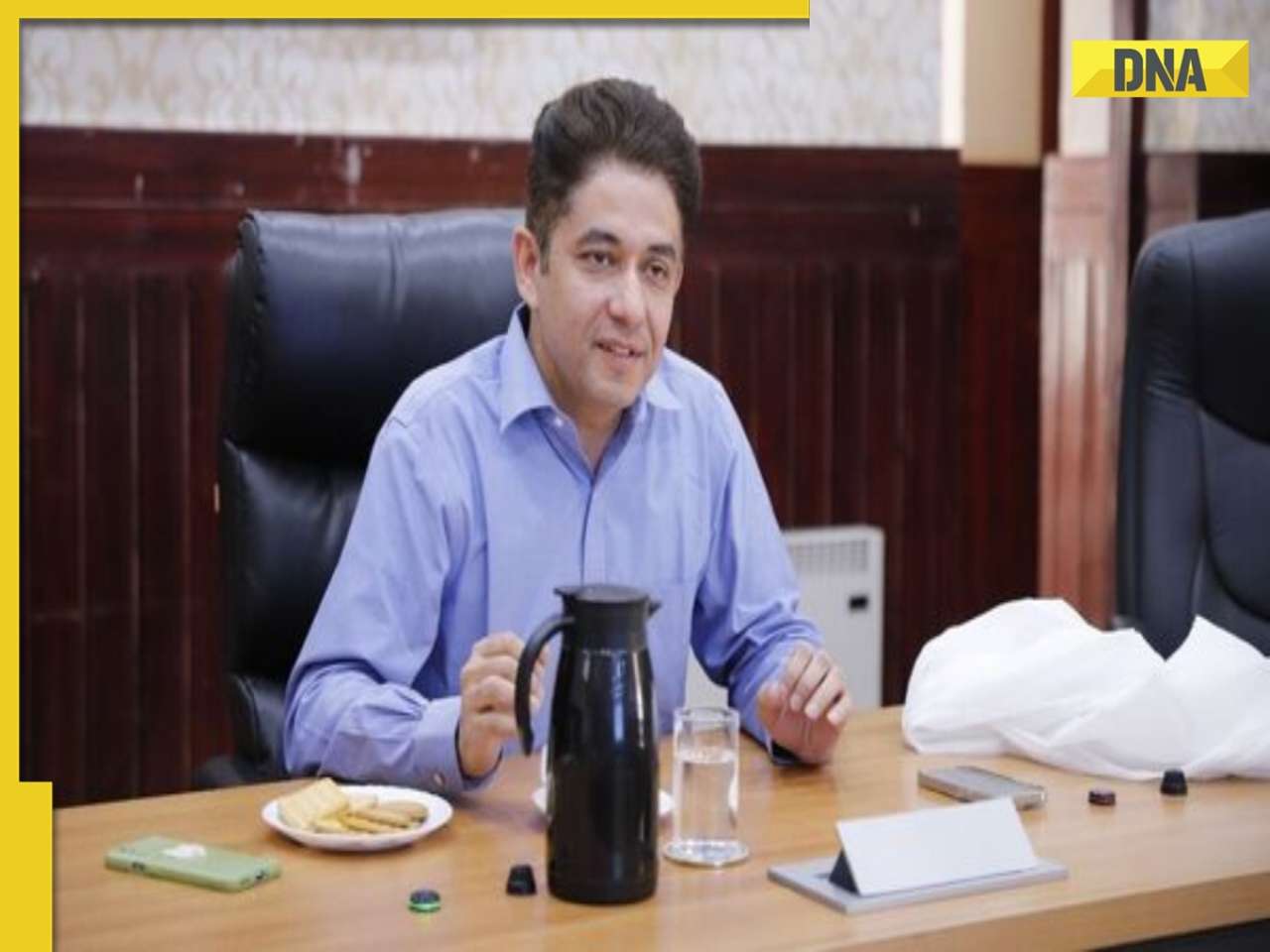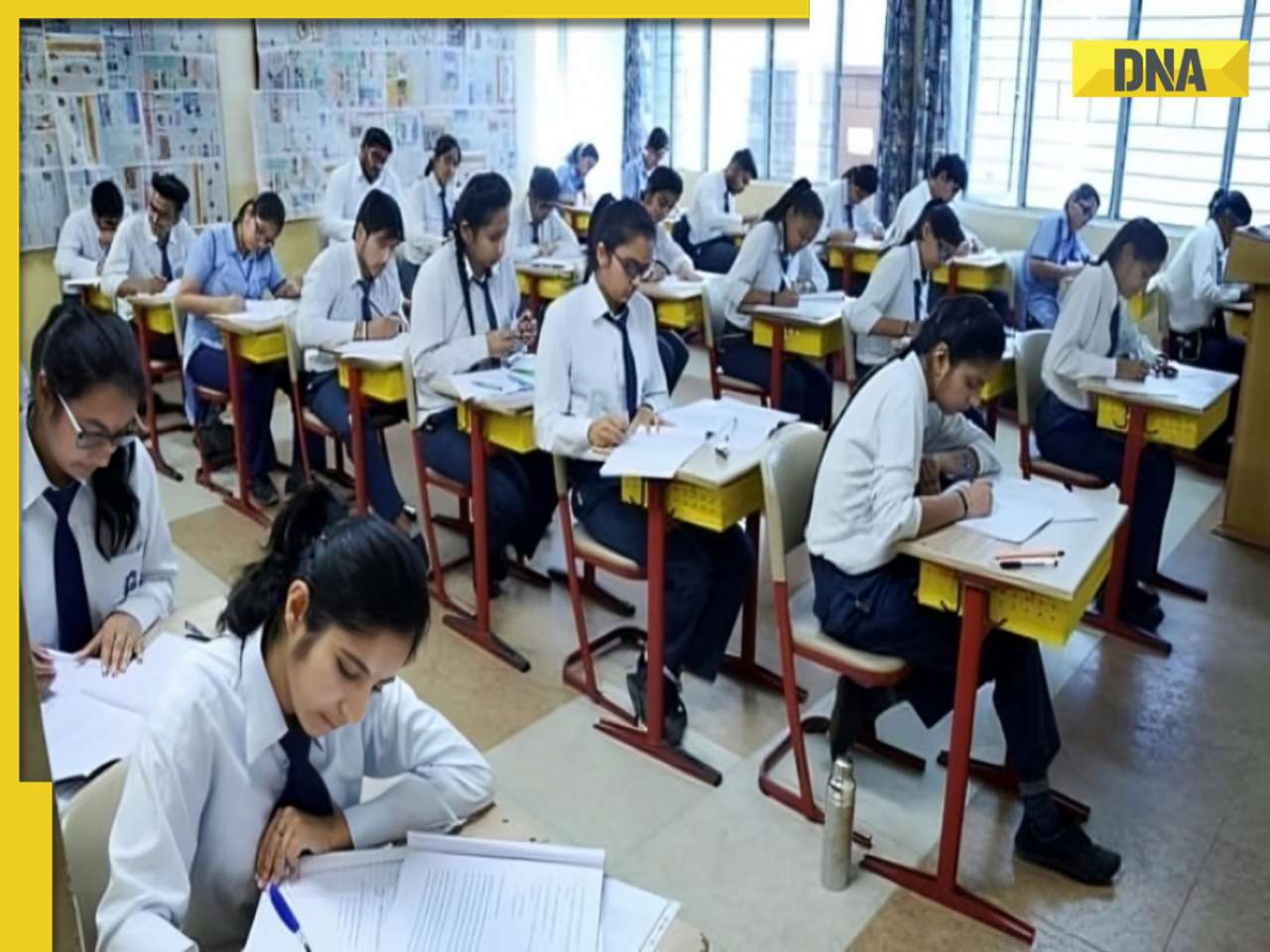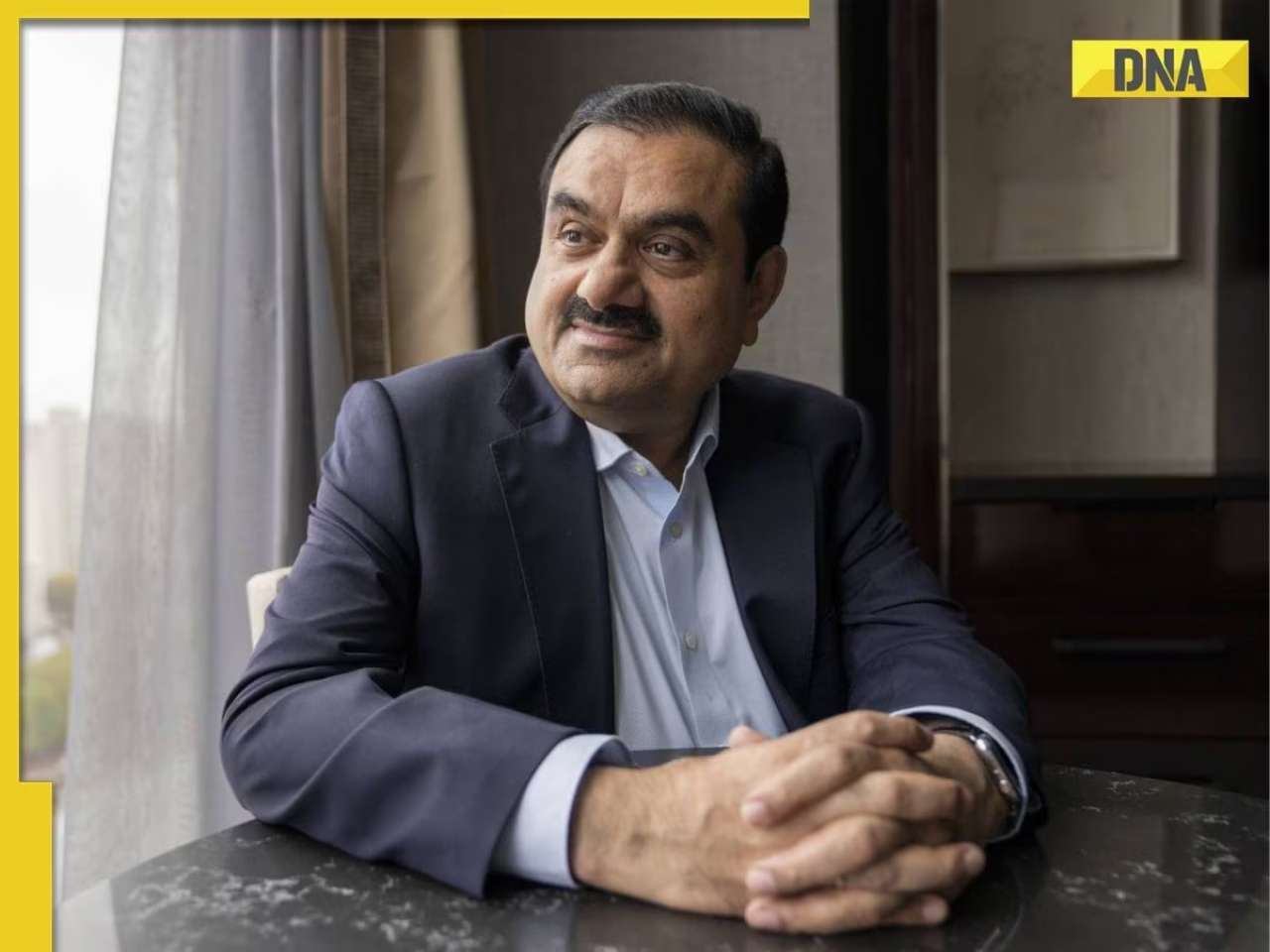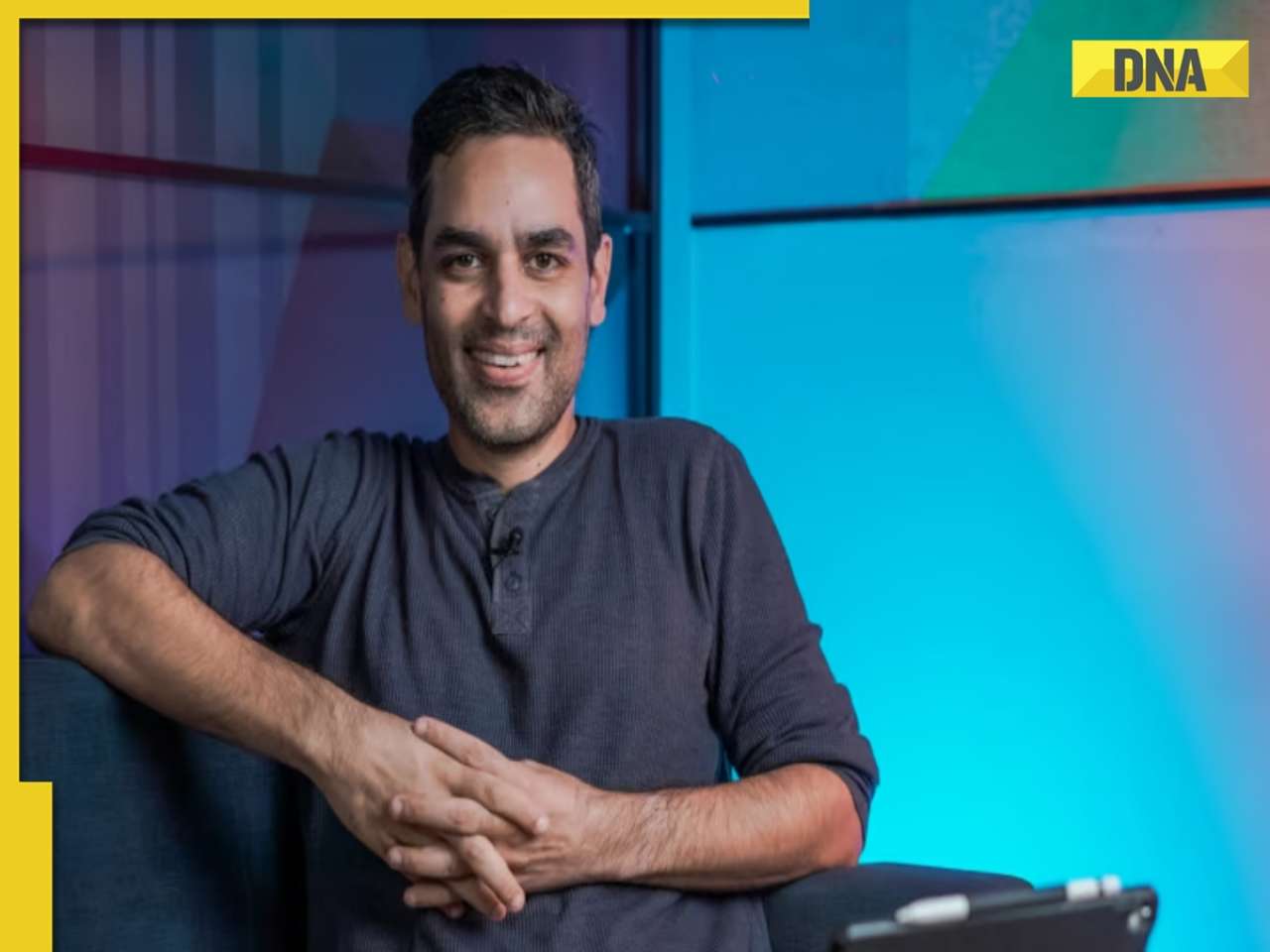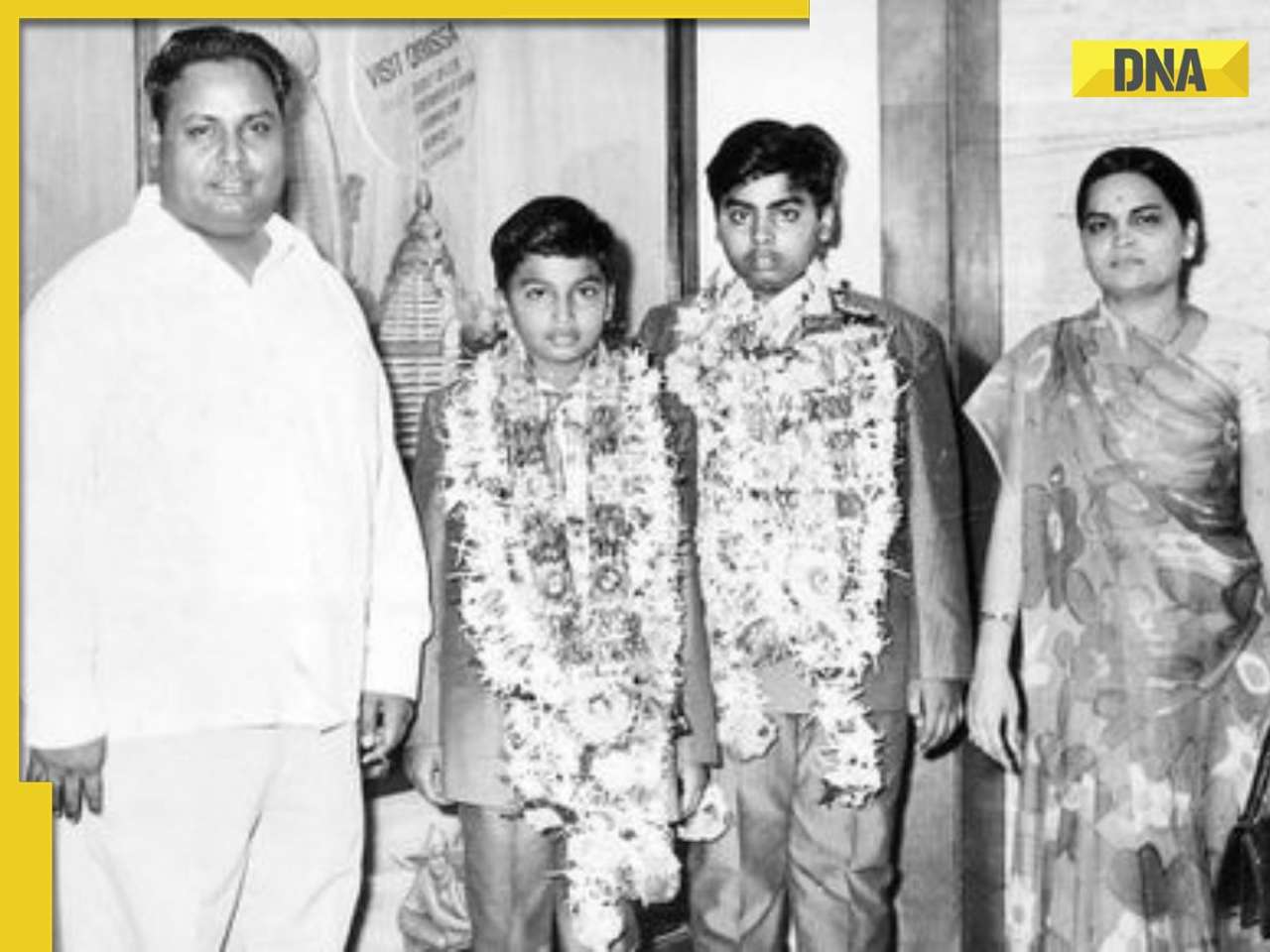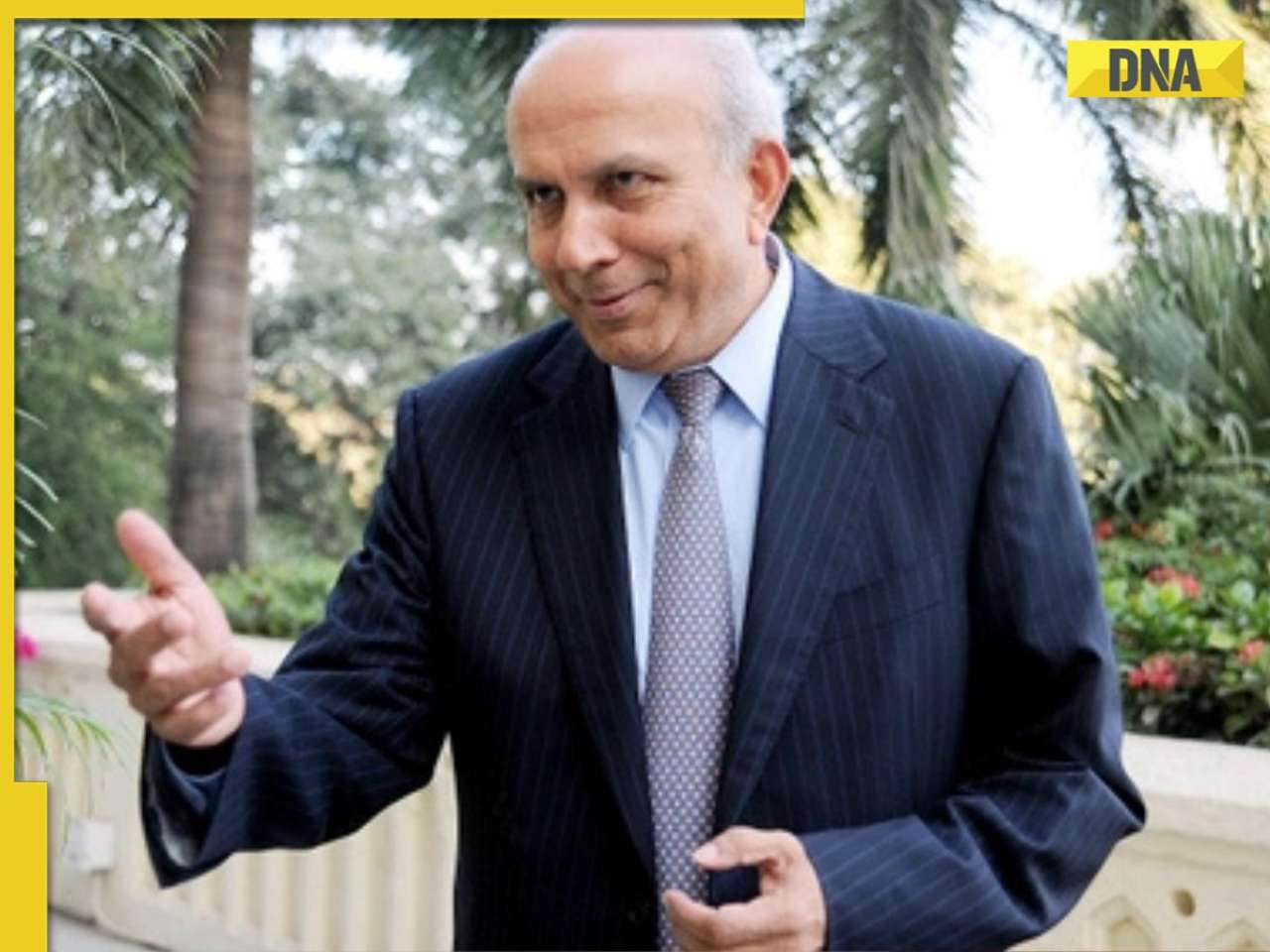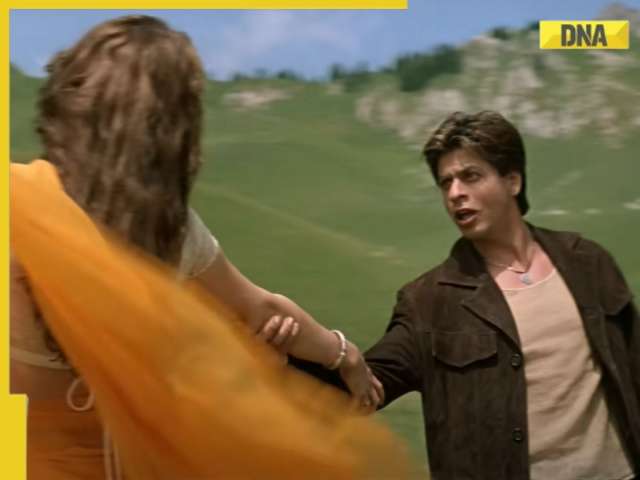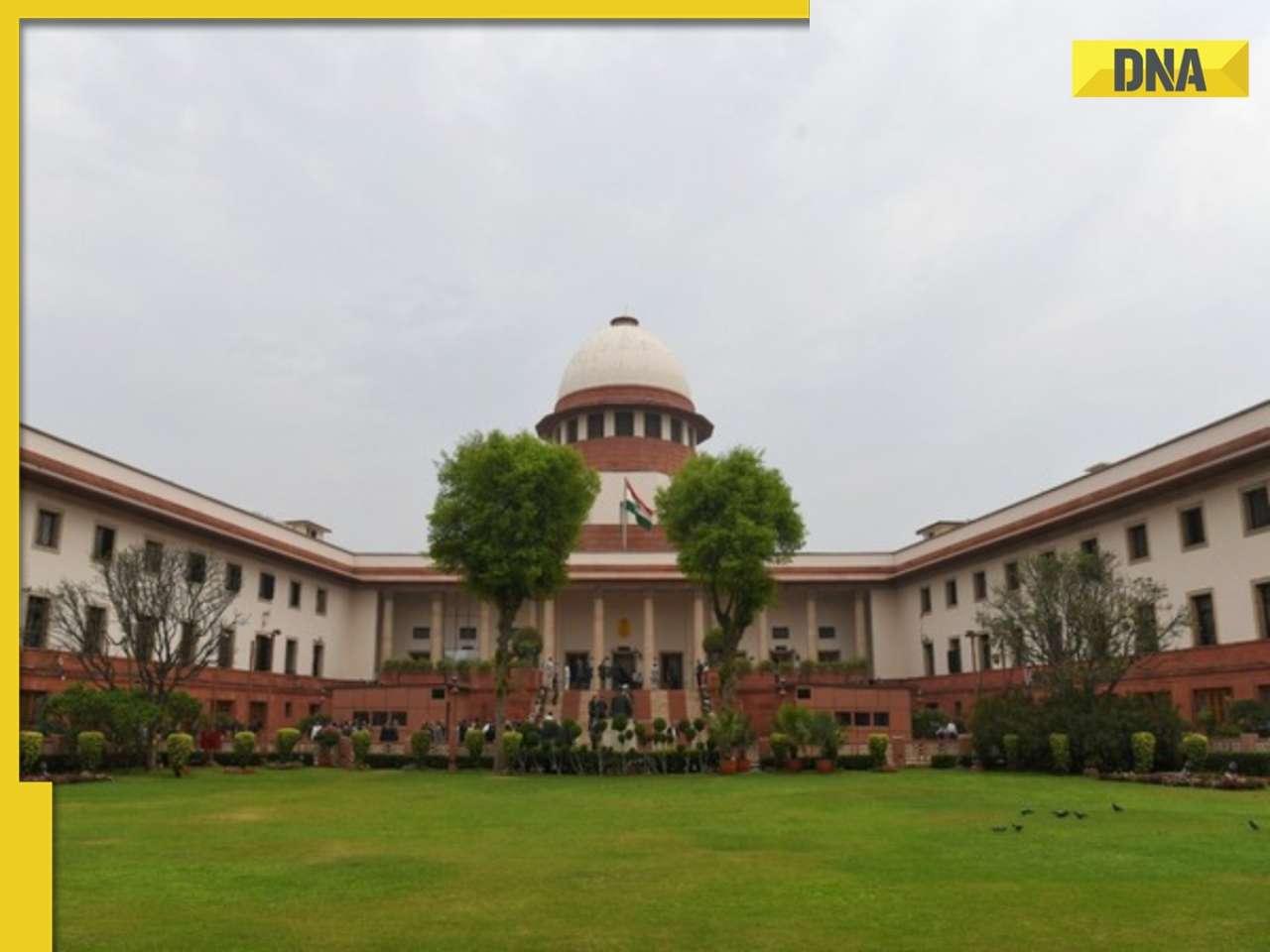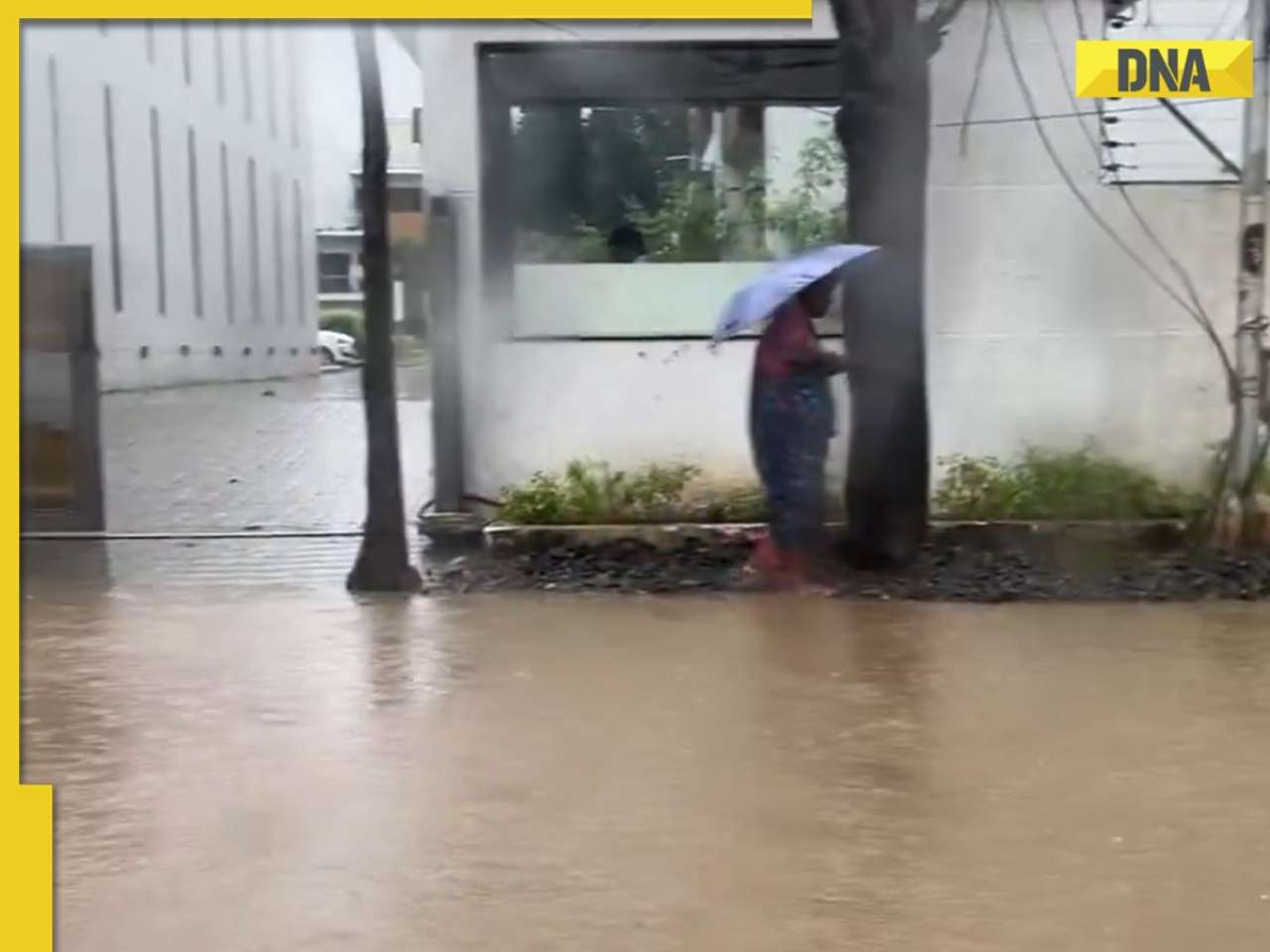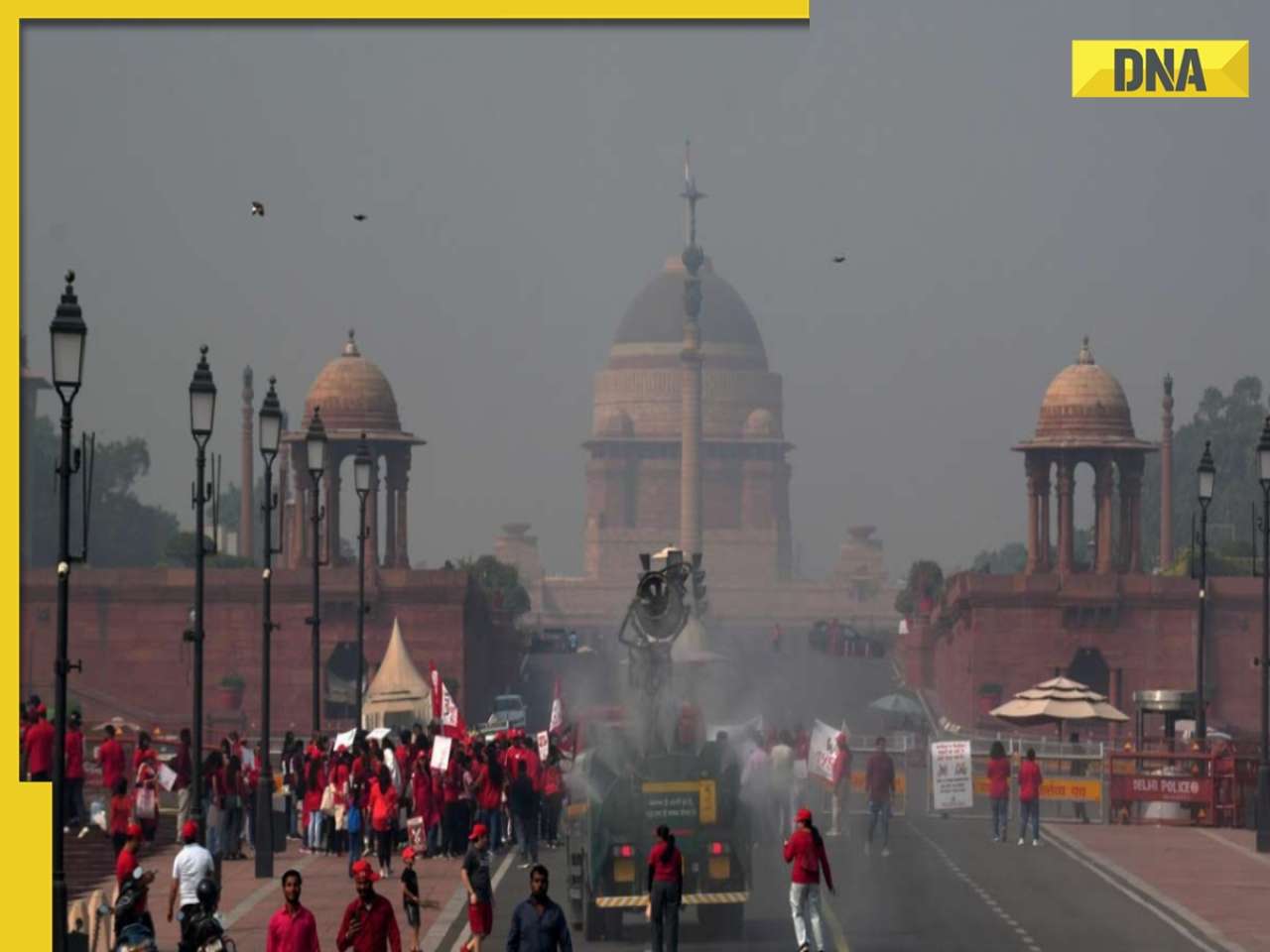- LATEST
- WEBSTORY
- TRENDING
WORLD
From teenage graffiti to a country in ruins: Syria's two years of rebellion
On a cold winter's night in early 2011, some Syrian schoolboys drew a few slogans on a wall in a town the world had barely heard of.
TRENDING NOW
On a cold winter's night in early 2011, some Syrian schoolboys drew a few slogans on a wall in a town the world had barely heard of.
Two years on, more than 70,000 people have died in the bitter conflict that ensued, and calls for the West to give more help to the Syrian rebels are rising. It was in the southern town of Deraa that 16-year-old Mohammad and five friends gathered to scrawl graffiti demanding the overthrow of President Bashar al-Assad, whose family had ruled the country for 40 years.
They chose to vent their anger at the pervasive fear and repression in the country at their school in the Hay al-Arbeen district. "We never told our parents because we knew it would get them into trouble," said the teenager, who fled to neighbouring Jordan last month. So on the night of Feb. 22, 2011, one student scribbled on the school wall:
"No teaching, No School, Till the end of Bashar's Rule." Another simply wrote: "Leave, Bashar". "I started writing 'Your turn is coming, Doctor'," said Mohammad, using a popular nickname for the president, who studied eye surgery before his father, Hafez al-Assad, died in 2000, bequeathing him sweeping powers over Syria's 23 million people. But Mohammad was spotted by the ubiquitous security forces.
"We did not expect the school guard to see us," said the youth, speaking in the northern Jordanian town of Ramtha three weeks after he crossed into Jordan with the help of Syrian rebels. He asked that his full name not be disclosed. The boys fled their homes, but over the next few days Mohammad's five friends - aged between 13 and 15 - were rounded up along with up to a dozen other young protesters. Their detention and abuse brought long-buried anger in Deraa boiling to the surface. It erupted in protest on March 18 - exactly two years ago on Monday.
Security forces opened fire and four people were killed, launching a cycle of protests and crackdowns across the surrounding, agricultural region, where poor rains and subsidy cuts had brought a sharp fall in living standards. A monument portraying Assad's father was torched, and the chants of "God, Syria and Freedom" spread to the urban sprawl east of Damascus and other cities across Syria. As more demonstrations were crushed, protesters took up arms. In the ensuing carnage, a million have fled the country, and millions more remain uprooted, homeless or hungry. Whole districts of historic cities lie in ruins, and Syria's economy will take years and tens of billions of dollars to fix.
The sectarian elements of the conflict, with mainly Sunni rebels battling a president from the Alawite minority linked to the Shi'ite Islam of Iran, are also straining religious faultlines that cut through the heart of the Middle East. Mohammad says he now lives in limbo: "My family and friends' lives have changed," he told Reuters. "I am in Jordan, living a wretched life and just count the days until Bashar falls and we return to our home."
Enter the tanks
Still seen as a potential reformer, despite a decade of unfulfilled promise, Assad waited two weeks to respond to the Deraa violence. When he did, he offered no roadmap for change. Scoffing at "a new fashion which they call 'revolutions'", he said Syria faced a conspiracy but would emerge victorious. "Such conspiracies do not work with our country or our people. We tell them that you have only one choice, which is to learn from your failure," he told parliament at the end of March. Though reforms trickled out, including a new cabinet, concessions to stateless ethnic Kurds and an end to decades of emergency rule, opponents said the political moves were empty gestures, undermined by the violent crackdown. By the end of April, tanks were sent into Deraa to try to crush dissent. Thousands were arrested. Rights activists later reported that torture and summary executions were rife. As the protests spread to Syria's Mediterranean coastline, the rural northern regions bordering Turkey and the eastern oil-producing province of Deir al-Zor, so the demands quickly hardened to call for "the execution of the president".
Syria said it faced an international conspiracy and accused foreign-backed militants of fomenting violence. That accusation was at odds with scores of videos released by activists showing peaceful protests apparently broken up by gunfire. In Hama, where 10,000 and possibly many more had been killed in 1982 under Assad's father, a human wave began taking over the city's central square in June for protests after Friday prayers.
"I remember hundreds of thousands of peaceful people that were demanding, above all, less corruption, more freedom," said Eric Chevallier, the French ambassador to Syria who visited Hama at that time. Robert Ford, the U.S. ambassador, said he toured Hama one Friday morning that month and witnessed a largely calm city. "The police were sitting on white plastic chairs in the shade under the trees, drinking tea," he said "We went by the Baath party headquarters - it was entirely normal."
The Baath is Assad's ruling movement. Estimating the crowd after Friday prayers at a more conservative 50,000, Ford said protesters told tales of corruption and mistreatment by authorities. "People wanted to bear witness to what they had undergone. But there was a lot of fear, too," he said. "I told everyone: You have to keep this peaceful, because if you don't and it becomes violent, the whole country will be dragged into a terrible conflict."
He was right. Local uprisings began spiralling out of control. That month, June 2011, the authorities reported that 120 security personnel were shot dead in the northern town of Jisr al-Shughour.
Homs sectarian conflict
The move towards a militarised revolt crystallised with the announcement that an army officer, Lieutenant-Colonel Hussein Harmoush, had defected and joined "the Free Syrian Army", which was to become the main rebel umbrella force. Assad ratcheted up his military response with a crackdown in the restive cities of Deir al-Zor, Homs and Hama.
As the death tolls rose, a divided UN Security Council was stymied: China and Russia blocked draft resolutions condemning Assad, leaving Western countries to fall back on rhetoric and sanctions.
The West, quick to help in the rebellion against Libya's Muammar Gaddafi, was reluctant to intervene in Syria, seeing potential for regional conflict in its complex sectarian and ethnic mix and Assad's close ties to Iran, Hezbollah in Lebanon and to Palestinian militants.
Reports from the central city of Homs, home to Sunni Muslims and a large Alawite minority, spoke of escalating kidnappings and tit-for-tat killings. Sunni districts became increasingly fortified rebel strongholds. Alawites said they were driven from their homes in mainly Sunni areas, and Sunnis said army snipers had turned their neighbourhoods into death traps. Assad stepped up military action in Homs early in 2012, raining mortar and artillery fire on insurgent strongholds. Rebels pulled out of Baba Amr, their last big bastion, after 26 days of siege that symbolised the conflict's new ruthlessness.
"We could smell the bodies buried under the rubble all the time," said a resident who fled Baba Amr. "Bodies are in the streets, many are decomposed, but we could not bury them. "We saw so much death that in the end the sight of a dismembered body of a relative or a friend no longer moved us."
Aleppo stalemate
Six months after the battle for Homs, a new front opened in Aleppo when rebels poured in from the rural hinterland to fight for Syria's biggest city and northern commercial hub. Already in control of much of Aleppo province and Idlib, the rebels seized border crossings with Turkey and Iraq, reinforcing a sense that Assad was losing swathes of Syrian territory as he focused on holding Damascus, Homs and two Mediterranean coastal provinces. Within days his forces had lost half the city of Aleppo and, for the first time, resorted to deploying helicopter gunships and jets against the lightly armed insurgents.
As the frontlines hardened into stalemate, rebels acquired more effective weapons - some seized from military bases and others smuggled in from Turkey, Jordan and Lebanon. In response Assad's forces raised the stakes again and by early 2013 were firing missiles, some possibly Scuds, into residential areas. Several missiles slammed into Aleppo neighbourhoods in the last week of February, burying whole families, activists said. Human Rights Watch said 141 people were killed.
The last stand?
Though the rebels are outgunned, the 47-year-old Assad has seen his power severely eroded. The International Institute for Strategic Studies (IISS) in London says now that his army's strength has halved to around 110,000 men due to defections, desertions and battlefield losses. "The regime could only be certain of the loyalty of the mainly Alawite special forces, Republican Guard and elite 3rd and 4th Divisions - perhaps 50,000 troops in total," it said.
At the same time, however, Iran and Hezbollah have built up a 50,000-strong army of Syrian militiamen to support the army, Israel says. Assad's forces face an uprising that is slowly becoming better trained and equipped. A senior Syrian rebel commander said US officers have almost completed training a first contingent of Syrian rebels in Jordan to use anti-tank and anti-aircraft weaponry.
Rebels, now controlling an arc of land from the eastern suburbs of Damascus to the south-west of the capital, also have armour-piercing ammunition and tanks commandeered in their battle with Assad's forces. Nevertheless, the president, clearly freed from any lingering qualms over the use of force - he has compared the blood on his hands to that of a surgeon operating to "save his patient" - has so far managed to keep the rebel fighters away from taking ground in the centre of Damascus. The rebels still appear unevenly matched against their opponents - hence moves in recent days by some EU countries to ease the arms embargo on Syria in order to help them.
Assad's options may be narrowing, but he has repeatedly vowed to crush the rebels and rejected any notion of seeking asylum abroad as part of a deal to end the conflict. "I am not a puppet. I was not made by the West to go to the West or to any other country," he said in an interview with Russian television in November. "I am Syrian; I was made in Syria. I have to live in Syria and die in Syria."


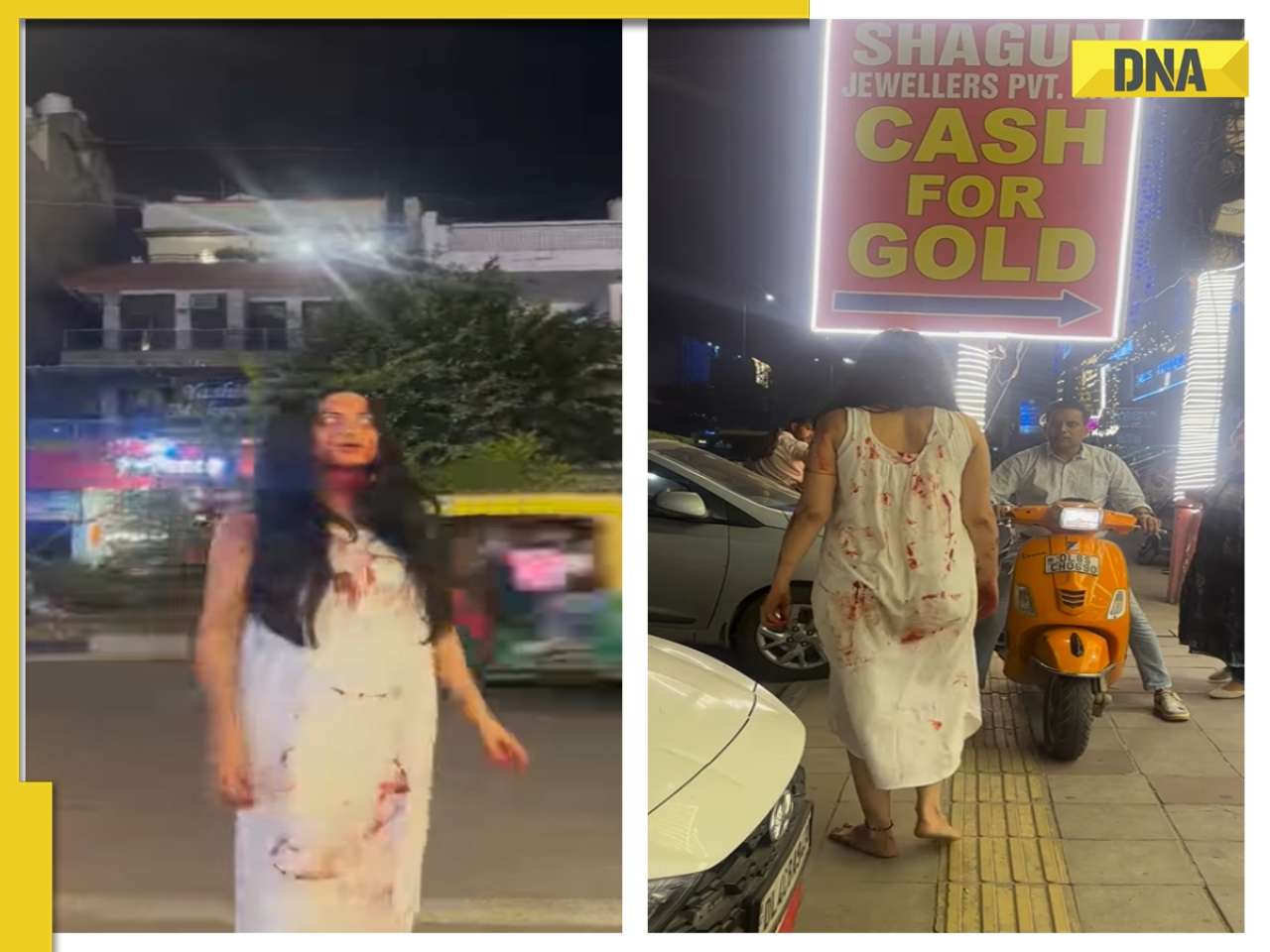





)
)
)
)
)
)
)
)
)
)
)
)
)
)
)





